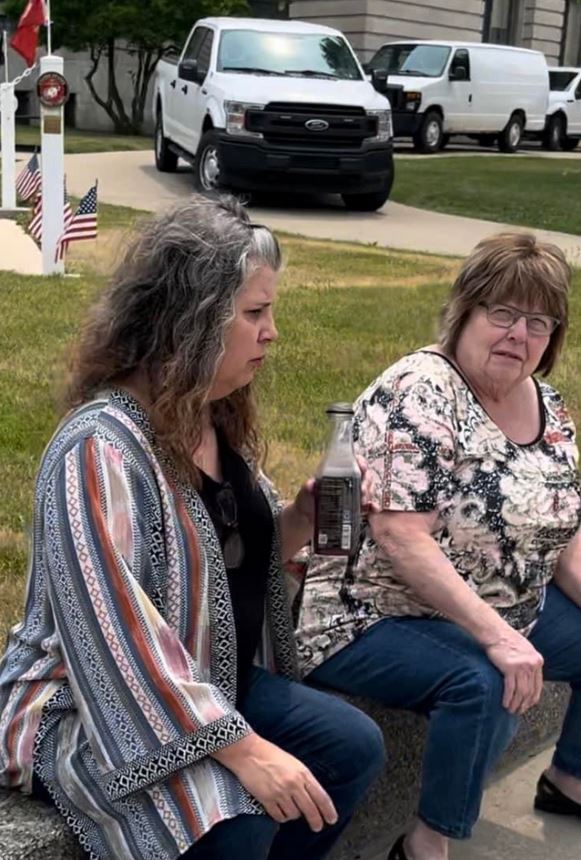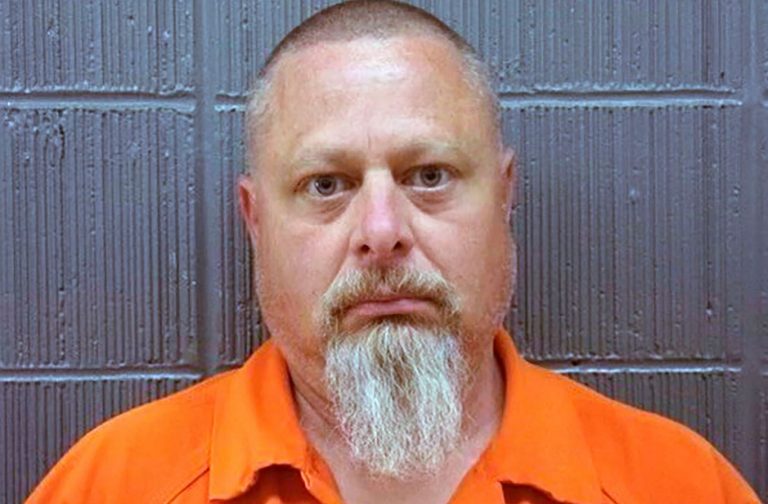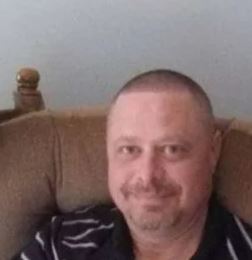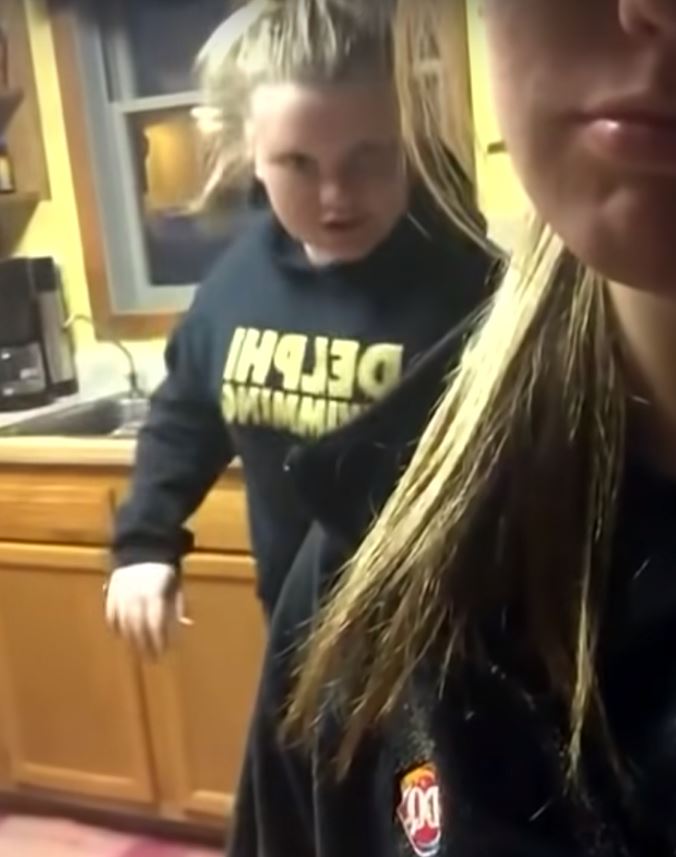
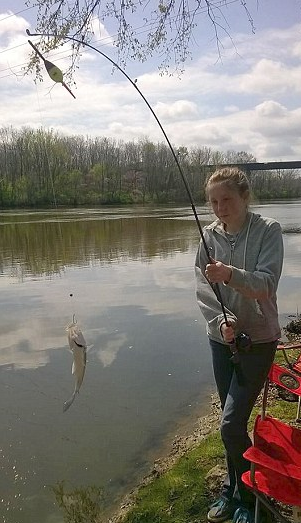
Delphi Murders Overview
The Delphi Murders refer to the tragic killings of Abigail “Abby” Williams, 13, and Liberty “Libby” German, 14, on February 13, 2017, in Delphi, Indiana. The two friends were dropped off by Libby’s sister, Kelsi German, at the Monon High Bridge Trail, part of the Delphi Historic Trails, around 1:35 p.m. for a hike on an unused snow day. Libby posted a Snapchat photo of Abby on the bridge around 2:00 p.m., but when their ride returned between 3:00–3:30 p.m., the girls were missing. A search began that evening but was halted due to darkness. The next day, February 14, their bodies were found about a mile from the bridge, near Deer Creek, with their throats slit.
The case gained national attention due to evidence captured on Libby’s cellphone: a grainy video of a man, dubbed “Bridge Guy,” walking on the bridge, and an audio clip of a male voice saying, “Guys, down the hill.” These were released to the public to aid in identifying the suspect. Despite thousands of tips, composite sketches, and extensive investigations involving the FBI, Indiana State Police, and local authorities, the case remained unsolved for over five years.
In October 2022, Richard Matthew Allen, a 50-year-old Delphi resident and CVS pharmacy technician, was arrested and charged with two counts of murder and two counts of felony murder (murder during an attempted kidnapping). Key evidence included an unspent .40-caliber bullet found between the girls’ bodies, linked to a gun owned by Allen, and his admission to being on the trail that day. Prosecutors also cited over 60 confessions Allen allegedly made in prison to his wife, family, inmates, and staff, though the defense argued these were false, citing mental health issues from solitary confinement. The defense proposed an alternate theory, suggesting the girls were killed in a ritualistic Odinist sacrifice, pointing to crime scene details like sticks placed over the bodies, but this was not substantiated in court.
Allen’s trial began October 18, 2024, in Carroll County, despite a defense motion to move it due to media coverage. The prosecution presented 40 witnesses, including crime scene analysts and prison staff, while the defense called a neuropsychologist to question Allen’s confessions. On November 11, 2024, a jury convicted Allen on all four counts after 19 hours of deliberation over three days. On December 20, 2024, he was sentenced to 130 years in prison (65 years per murder, served consecutively). The trial revealed gruesome details: Libby was found nude, Abby was clothed in Libby’s sweatshirt, and both had large throat lacerations with no signs of sexual assault or defensive wounds.
The case profoundly impacted the Delphi community, leading to memorials like orange porch lights and the Abby and Libby Memorial Park, funded by the L & A Park Foundation. Libby’s quick thinking in recording the suspect was credited with aiding the investigation, and the families expressed relief at the verdict, though emotional scars remain. Allen’s attorneys have appealed the conviction, citing issues with evidence and trial fairness.

Richard Allen Trial Overview
The trial of Richard Matthew Allen for the Delphi Murders of Abigail “Abby” Williams, 13, and Liberty “Libby” German, 14, took place from October 18 to November 11, 2024, in Carroll County, Indiana. Allen, a 50-year-old Delphi resident and CVS pharmacy technician, was charged with two counts of murder and two counts of felony murder (murder during an attempted kidnapping) in the February 13, 2017, killings.
Prosecution Case The prosecution presented 40 witnesses over three weeks, including Indiana State Police, FBI agents, crime scene analysts, and prison staff. Key evidence included:
- An unspent .40-caliber bullet found between the girls’ bodies, forensically linked to a SIG Sauer P226 pistol owned by Allen.
- Allen’s 2022 statement admitting he was on the Monon High Bridge Trail on February 13, 2017, wearing a blue jacket and jeans, matching the “Bridge Guy” seen in Libby’s cellphone video saying, “Guys, down the hill.”
- Over 60 confessions Allen allegedly made in prison to his wife, family, inmates, and staff, including details about the crime scene, such as the girls’ positions and murder weapon (a box cutter, per some confessions).
- Crime scene testimony: Libby was found nude, Abby wore Libby’s sweatshirt, both had their throats slit with large lacerations, and no sexual assault or defensive wounds were noted. Blood loss was the cause of death.
- A jailhouse informant testified Allen confessed to luring the girls off the trail to “look at fish” before killing them.
Defense Case The defense, led by attorneys Andrew Baldwin and Bradley Rozzi, called one witness, a neuropsychologist, to argue Allen’s confessions were false, resulting from mental deterioration in solitary confinement. They claimed:
- No DNA evidence linked Allen to the crime scene.
- The bullet’s forensic match was unreliable due to potential contamination or commonality of .40-caliber rounds.
- An alternate theory: the murders were a ritualistic Odinist sacrifice, citing sticks placed over the bodies resembling runes and uncharged local men with Odinist ties. This theory was largely dismissed by the judge as speculative.
- The crime scene was contaminated by civilian searchers, and the investigation overlooked other suspects.
Trial Details
- Venue and Jury: Despite defense motions to move the trial due to intense media coverage, it remained in Carroll County. A jury of eight women and four men, plus alternates, was selected from Allen County and sequestered.
- Judge: Special Judge Fran Gull presided, appointed after recusals by local judges. She faced defense accusations of bias, including rejecting their Odinist theory and limiting evidence.
- Challenges: The trial saw disruptions, including defense motions to dismiss over withheld evidence (e.g., early suspect interviews) and a near-mistrial when prosecutors referenced a suppressed confession. Gull denied dismissal but admonished the state.
- Testimony Highlights: Libby’s sister, Kelsi German, testified about dropping the girls off. Abby’s mother, Anna Williams, recounted learning of the murders. Forensic experts detailed the bullet match and crime scene. Prison staff corroborated Allen’s confessions, though the defense questioned their reliability.
Verdict and Sentencing On November 11, 2024, after 19 hours of deliberation over three days, the jury convicted Allen on all four counts. On December 20, 2024, Judge Gull sentenced him to 130 years (65 years per murder, served consecutively), effectively a life sentence. Allen showed no emotion at sentencing, while victims’ families expressed relief but ongoing grief.
Post-Trial Allen’s attorneys filed an appeal in December 2024, citing issues like suppressed evidence, judicial bias, and the bullet’s admissibility. The Indiana Supreme Court had previously reinstated the defense team in 2024 after Gull removed them for alleged misconduct, setting a precedent for scrutiny. The case remains a focal point for true crime communities, with debates over Allen’s guilt, the Odinist theory, and investigative missteps.
The trial, costing over $1 million due to sequestration and security, left a lasting impact on Delphi, reinforcing the community’s resolve to honor Abby and Libby through memorials like the Abby and Libby Memorial Park.

